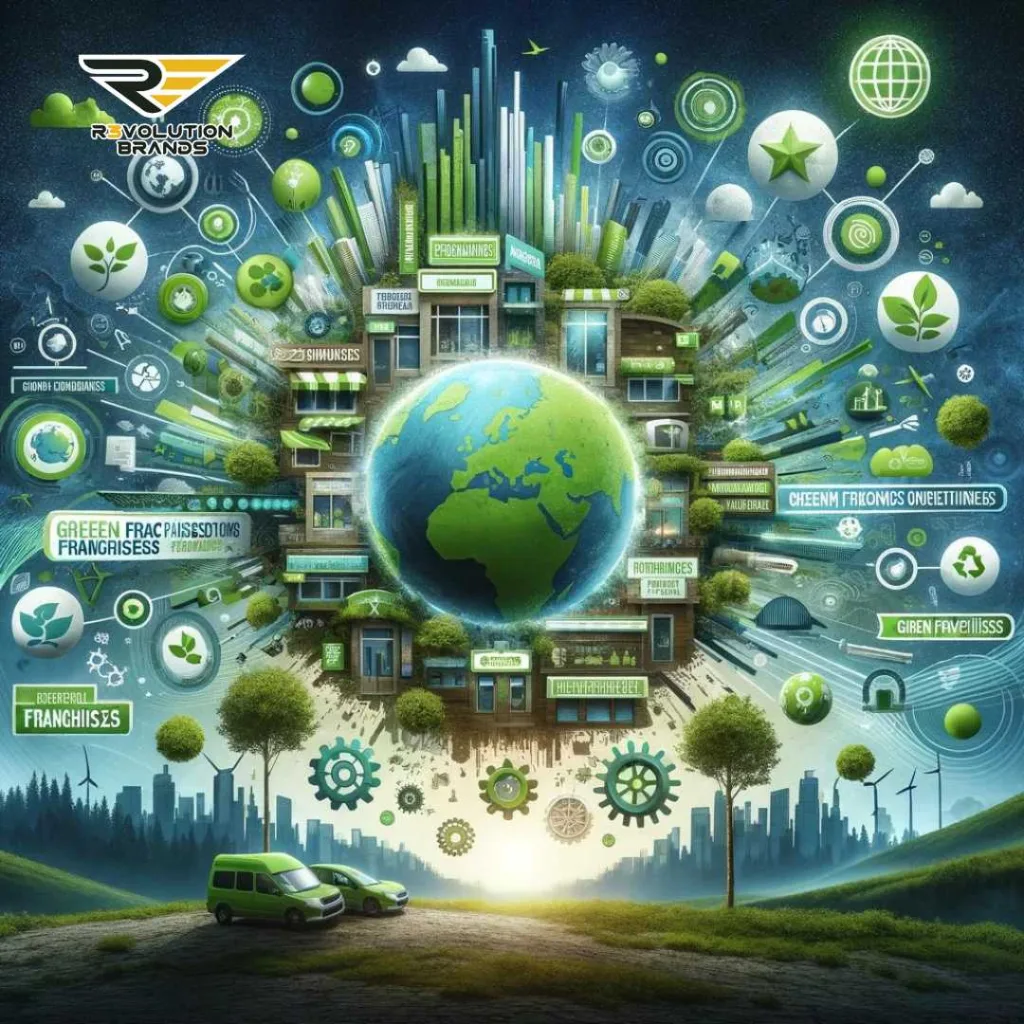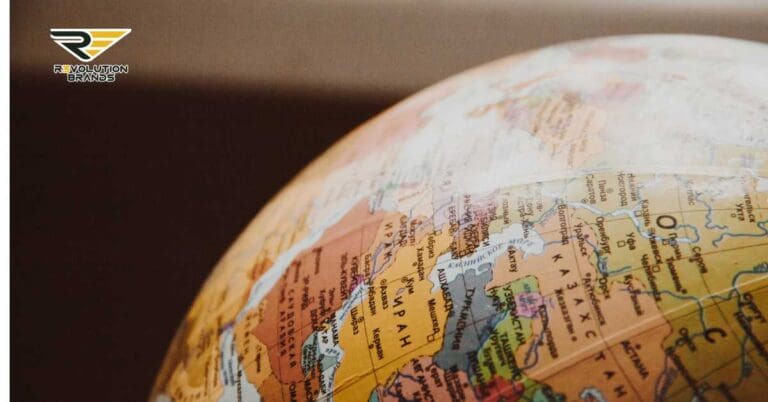In the ever-evolving landscape of franchising, staying ahead of the curve is not just about following the latest franchise trends but also recognizing the need for sustainable practices.
Today, we delve into a transformative aspect of the franchising industry, subtly weaving in the significance of sustainability in franchising. We explore how sustainability practices are not just a trend but a pivotal force reshaping the franchising industry.
Sustainability in Franchising: More Than a Buzzword
Sustainability in franchising is not merely a buzzword; it’s a fundamental change in how franchises operate. It encompasses a wide range of practices aimed at reducing the environmental footprint of businesses while promoting social responsibility.
From energy-efficient operations to eco-friendly product sourcing and waste reduction, sustainability has become a central pillar of modern franchising.
The Rise of Green Franchises
Green franchises, often at the forefront of sustainability, have gained momentum as consumer awareness of environmental issues has grown. These franchises incorporate eco-friendly practices into their business models, from the selection of sustainable materials to the reduction of energy consumption.
The Triple Bottom Line: People, Planet, Profit
Sustainability in franchising is often linked to the triple bottom line concept, which focuses on three key aspects: people, planet, and profit. Franchises are not only adopting environmentally friendly practices but also fostering social responsibility and ethical business conduct.
This approach aligns with the growing demand from consumers who value brands that prioritize these principles.
The Benefits of Sustainability in Franchising
Embracing sustainability offers several advantages for franchises:

- Cost Savings: Sustainable practices often lead to reduced energy and resource consumption, resulting in cost savings for franchisees.
- Customer Loyalty: Consumers are increasingly drawn to eco-conscious brands, leading to increased customer loyalty and positive brand reputation.
- Compliance and Regulation: Adhering to sustainability standards and regulations can protect franchises from potential legal and regulatory issues.
- Competitive Advantage: Sustainability practices provide a competitive edge in a market where conscious consumer choices are becoming more prevalent.
Challenges in Sustainability Adoption
While the benefits are clear, challenges remain in the widespread adoption of sustainability:
- Initial Investment: Implementing sustainability measures may require upfront investments in eco-friendly equipment and practices.
- Education and Training: Franchisees and staff may need education and training to understand and implement sustainability initiatives effectively.
- Supplier Relations: Ensuring that suppliers adhere to sustainability standards can be challenging but is crucial for maintaining an eco-friendly supply chain.
The Future of Sustainability in Franchising: Predictions and Long-Term Impact
As we look to the future, sustainability in franchising is poised to grow and evolve:
- Innovation: Franchises will continue to innovate and find new ways to reduce their environmental impact, from eco-friendly packaging to sustainable energy solutions.
- Transparency: Consumers will demand greater transparency regarding sustainability practices, pushing franchises to be more open about their efforts.
- Collaboration: Franchises may collaborate with environmental organizations and experts to advance sustainability initiatives and stay at the forefront of green practices.
Embracing Sustainability in Franchising
Sustainability in franchising is no longer a niche concept but a fundamental aspect of modern business operations. As green franchises lead the way, sustainability practices are transforming the industry and redefining success.
Franchises that embrace sustainability are not only reducing their environmental footprint but also attracting environmentally conscious customers and securing their place in a future where sustainability is not just a trend but a way of life.





